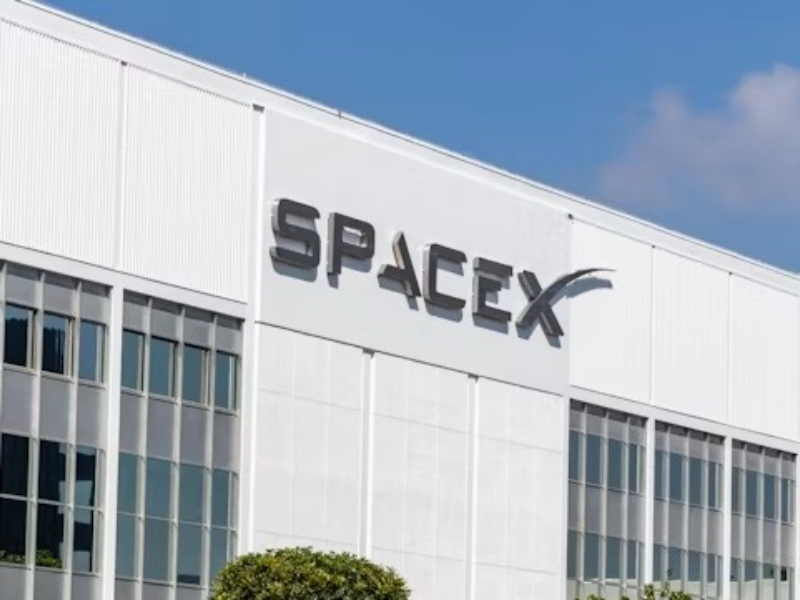- A US appeals court upheld the FCC’s decision to approve SpaceX’s plan to deploy satellites, rejecting challenges from DISH Network and DarkSky.
- The court’s decision highlights the technological advancement but also raises concerns about unchecked corporate power and the impact on signal interference and environmental impact.
OUR TAKE
The recent US appeals court ruling upholding the FCC’s approval of SpaceX’s Starlink expansion benefits SpaceX but undermines responsible innovation and thoughtful regulation. Elon Musk’s vision of ubiquitous internet via Starlink is enticing, but this decision sacrifices sky integrity and environmental sanctity.
–Ashley Wang, BTW reporter
What happened
A US appeals court upheld the Federal Communications Commission‘s (FCC) decision to approve SpaceX’s plan to deploy thousands of Starlink satellites for space-based broadband internet service. The US Court of Appeals for the District of Columbia rejected challenges from DISH Network and the environmental group DarkSky, marking a significant win for SpaceX and the FCC’s regulatory authority.
The FCC had initially approved SpaceX’s request to deploy up to 7,500 satellites in late 2022, following an earlier approval in 2018 for up to 4,425 first-generation satellites. SpaceX aims to create a network of 29,988 second-generation satellites to provide internet access to underserved areas.
DISH Network had previously argued that the FCC failed to adequately consider the risk of signal interference with its satellite TV services, while DarkSky, composed of amateur astronomers and dark-sky enthusiasts, contended that the FCC did not follow proper environmental laws. The court, however, found the FCC’s decision to license SpaceX’s second-generation Starlink satellites “lawful and reasonable.”
Also read: Elon Musk relocates X and SpaceX headquarters to Texas
Also read: SpaceX prepares for more complex third Starship test flight
Why it’s important
This court decision demonstrates the legal backing for SpaceX’s ambitious plans to expand its Starlink constellation, which aims to bridge the digital divide by providing internet to regions with little or no connectivity. It also reaffirms the FCC’s regulatory authority over satellite communications, despite opposition from major industry players like DISH Network.
As SpaceX continues its rapid deployment of satellites, this decision could pave the way for other companies looking to enter the burgeoning satellite broadband market. The case highlights the ongoing tension between technological advancement and regulatory and public scrutiny, with broad implications for the future of global internet access.
However, it also indicates an unchecked power wielded by tech giants. In dismissing concerns from DISH Network and environmental group DarkSky, the court has effectively prioritised corporate ambition over legitimate issues of interference and environmental impact. The rush to blanket our skies with satellites is being done with scant regard for the broader consequences.

